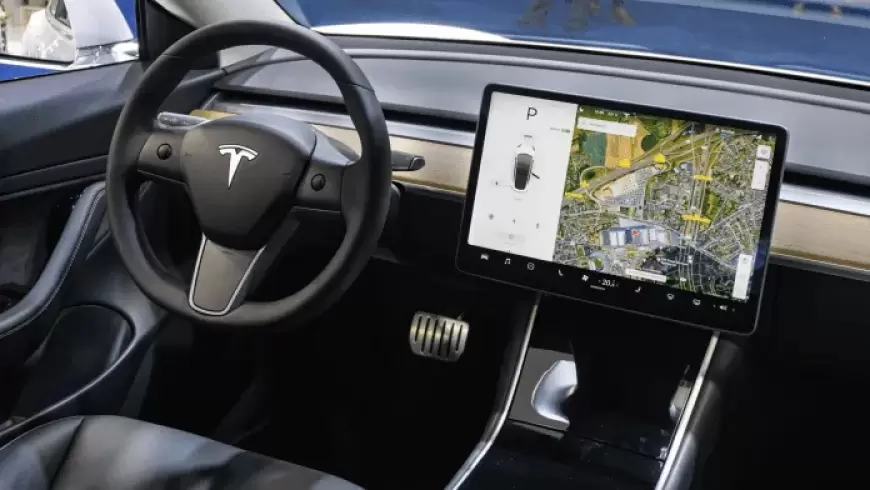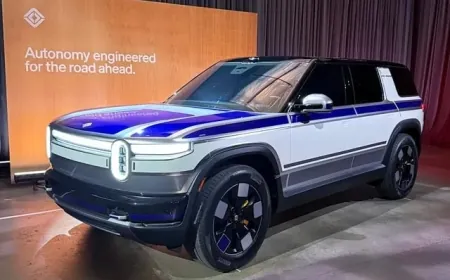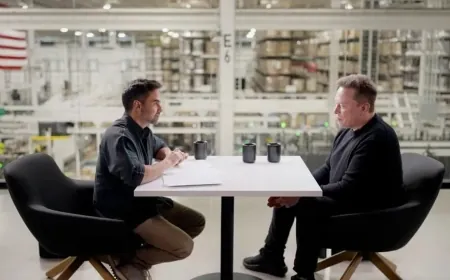Safety Shock: Tesla Autopilot and Rivals Rated 'Poor' by Leading Safety Group
Tesla Autopilot and similar systems received poor ratings from a top safety group. Learn more about the concerns raised.

The Insurance Institute for Highway Safety (IIHS) has introduced a new safety rating system for partial automated driving systems. The results of the initial tests have raised red flags, particularly for Tesla and its competitors.
Poor Ratings Across the Board:
Under the new system, the IIHS evaluates automated systems based on their safeguards, assigning ratings of good, acceptable, marginal, or poor. Surprisingly, none of the systems tested received a rating of "good."
Of the 14 systems evaluated, 11 were rated as "poor," including Tesla's Autopilot and Full Self-Driving (FSD) beta version, Nissan's ProPILOT Assist 2.0, Mercedes-Benz's Active Distance Assist DISTRONIC with Active Steering Assist, Ford's BlueCruise, and BMW's Active Driving Assistant.
Mixed Reviews:
Even the top-performing systems fell short of expectations. Lexus' Teammate with Advanced Drive received an "acceptable" rating, while General Motors' Super Cruise and Nissan's ProPILOT Assist with Navi-link received "marginal" ratings from the IIHS.
Concerns Over Safety:
IIHS President David Harkey expressed concerns about the safety of partial automation systems, noting that while some drivers may find them convenient, there is little evidence to suggest they make driving safer. He highlighted the risks associated with systems lacking sufficient safeguards, citing high-profile crashes as examples.
Manufacturer Responses:
- Tesla CEO Elon Musk has claimed that vehicles equipped with Autopilot are significantly safer than average, but federal regulators are investigating numerous accidents involving Autopilot use.
- Several automakers responded to the IIHS report, emphasizing their commitment to safety. Nissan stated its intention to evaluate the test results, while Ford and Mercedes-Benz expressed disagreement with the findings but promised to consider the feedback for future updates.
- Volvo clarified its stance on autonomous driving features, emphasizing the importance of clear distinctions between autonomous and driver-assist systems.
- BMW expressed gratitude for the IIHS's efforts to improve vehicle safety but disagreed with certain aspects of the testing methodology.
- Toyota reiterated its commitment to vehicle safety beyond regulatory standards, while GM emphasized the importance of robust safeguards in advanced driver assistance systems.
Conclusion:
The IIHS's new safety rating system has shed light on concerns surrounding partial automated driving systems, with none of the systems evaluated receiving a top rating. As the automotive industry continues to evolve, ensuring the safety and reliability of automated driving technologies remains a critical challenge for manufacturers and regulators alike.
Also Read: Tesla Owner Abandons Model 3 After Highway Breakdown
































































